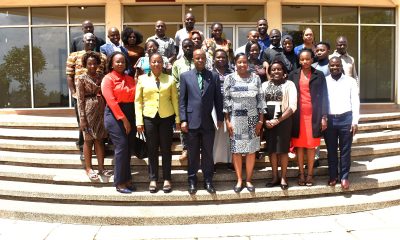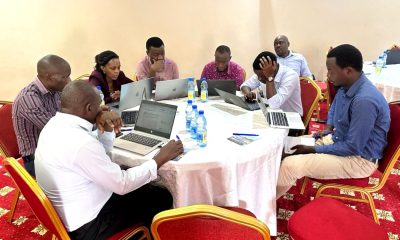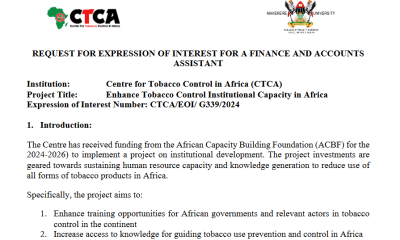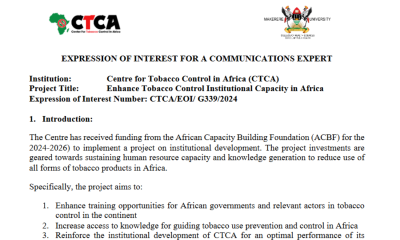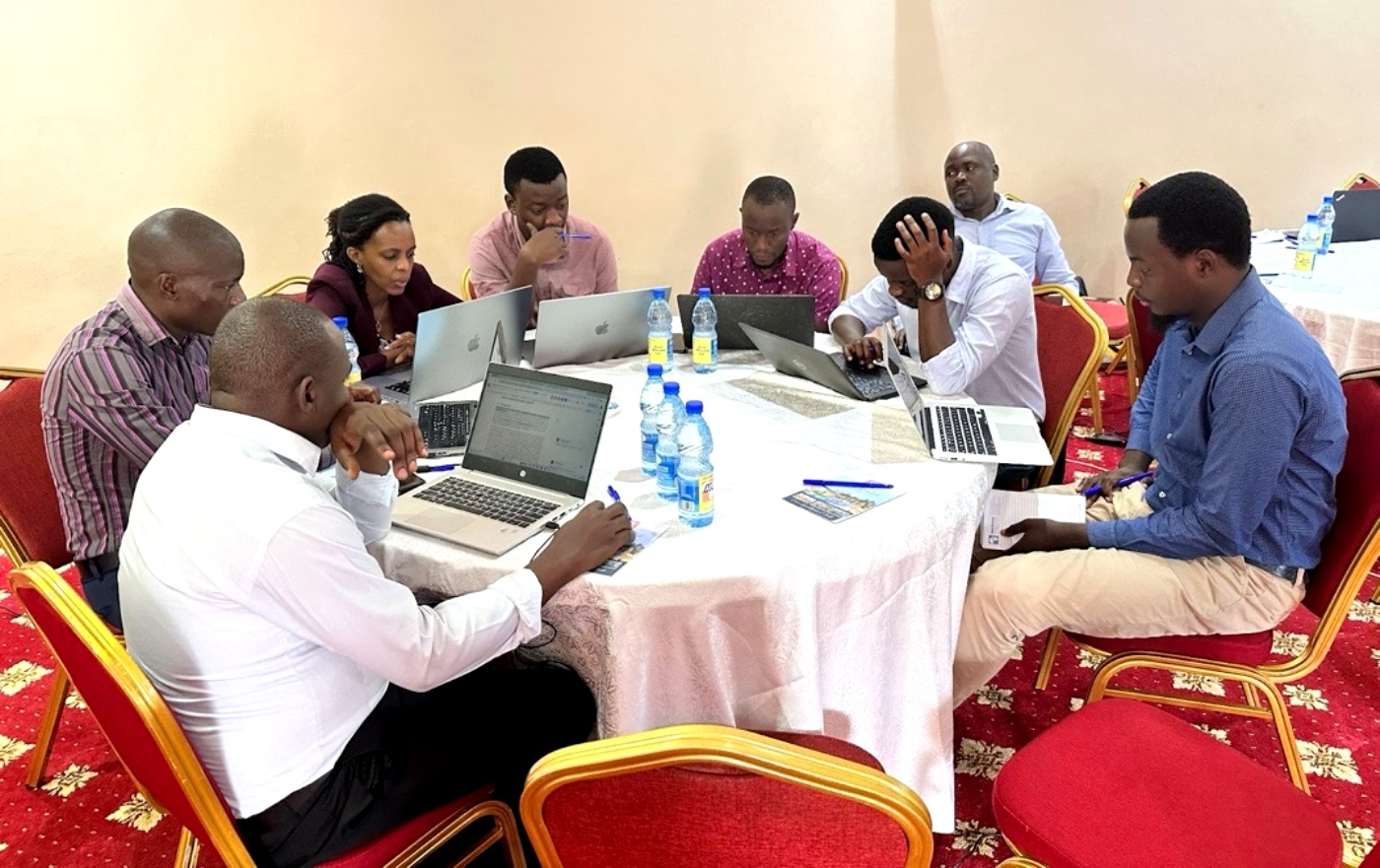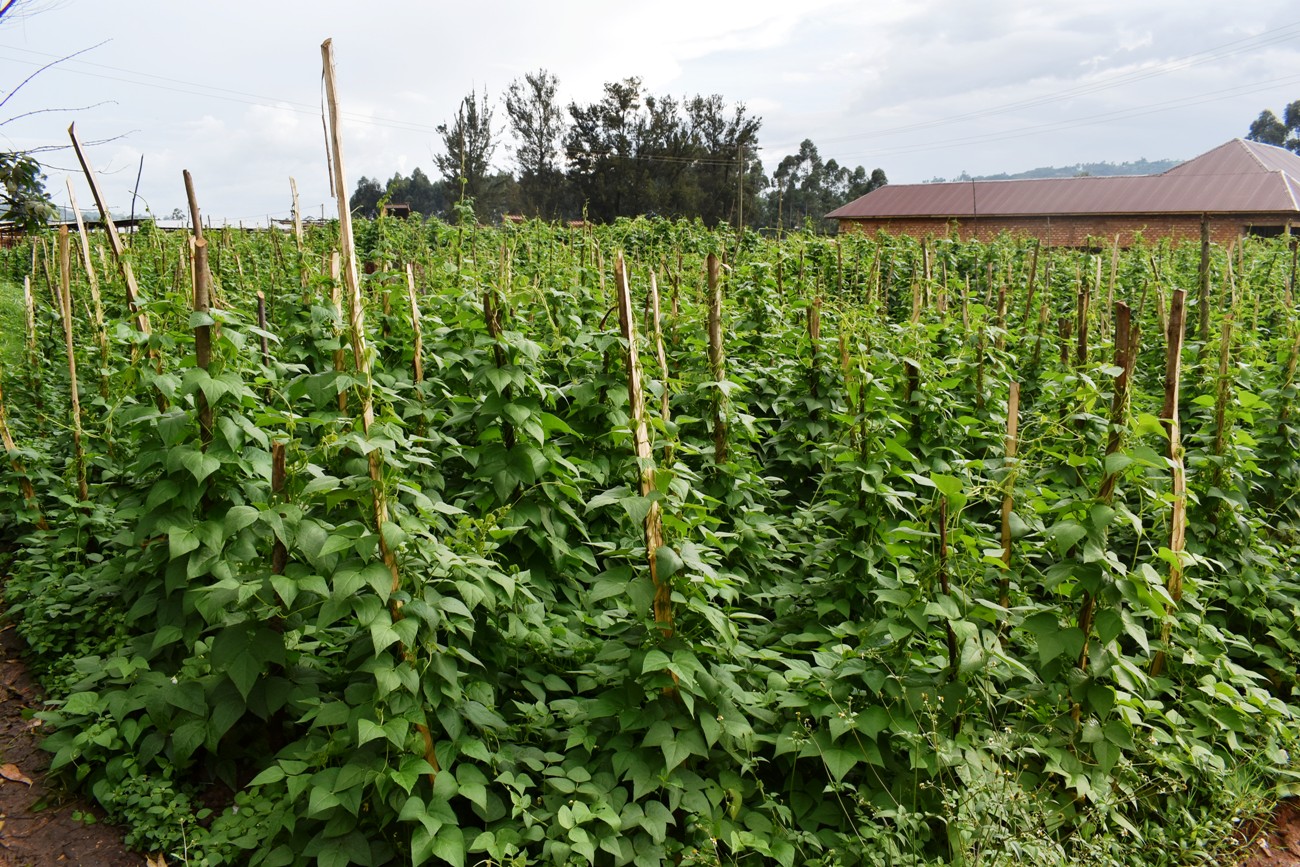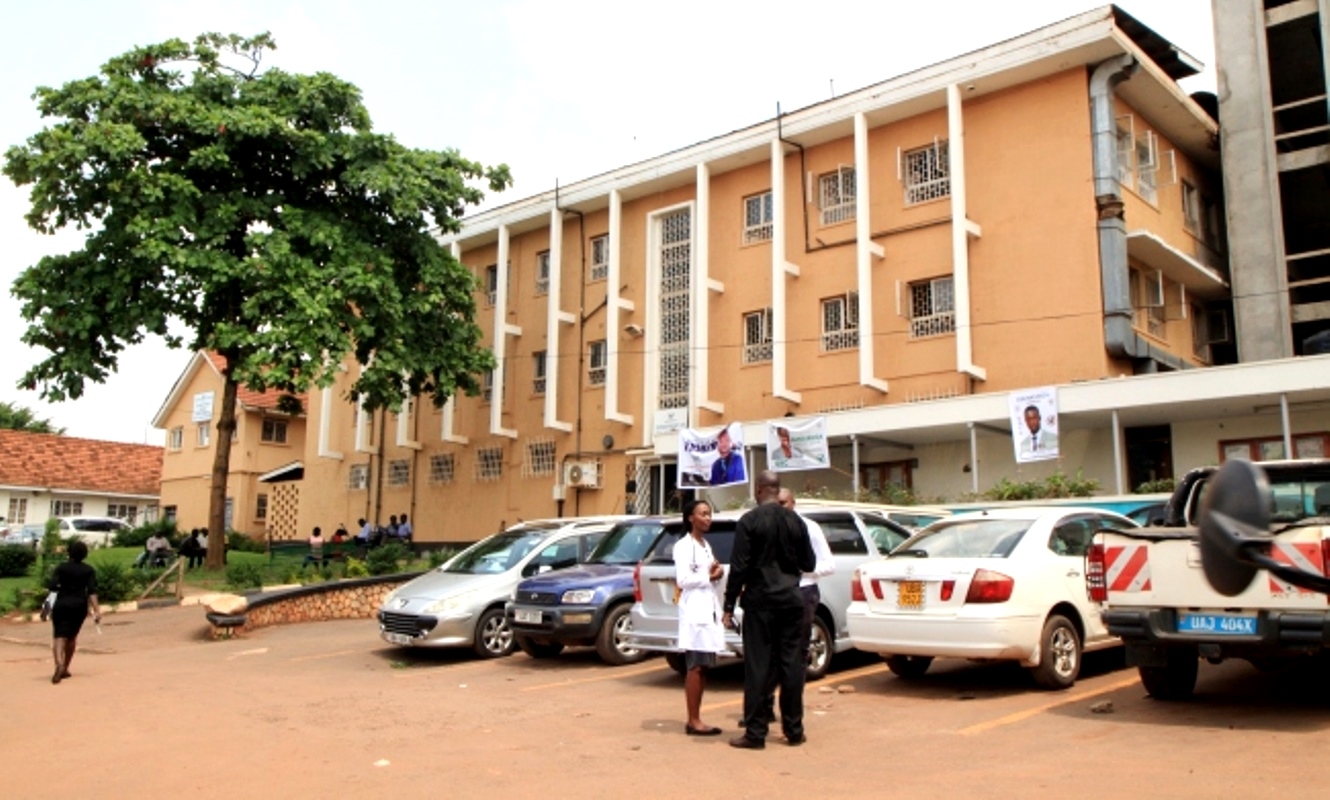A study whose results were recently published in Food Science Nutrition, a peer-reviewed journal for rapid dissemination of research in all areas of food science and nutrition has revealed that there is a growing preference for wholesome meals, highlighting its numerous health benefits.
Titled; Lactating mothers’ perceptions and sensory acceptability of a provitamin A carotenoid–iron-rich composite dish prepared from iron-biofortified common bean and orange-fleshed sweet potato in rural western Uganda,” this study was conducted among pregnant and breastfeeding mothers seeking care at Bwera General Hospital, in Kasese district, western Uganda, between 4th and 15th of August 2023.
Researchers in a 2019 study published in BMC Pregnancy and Childbirth among pregnant and breastfeeding women in Northwest Ethiopia discovered that pregnant and breastfeeding women bear the highest burden of this deficiency due to heightened physiological demands for iron and vitamin A. These demands increase significantly during pregnancy to meet fetal needs and continue during lactation to support breastfeeding.
The 2020 report on Developments in Nutrition among 204 countries and territories for 30 years since 1990 highlights the substantial impact of dietary iron deficiency and vitamin A deficiency on women of reproductive age in low- and middle-income countries across Africa and Asia. These micronutrient deficiencies are of paramount concern in public health nutrition due to their adverse effects.
A 2022 study published in The Lancet Global Health reveals that progress in addressing anemia among women of reproductive age (15–49 years) is inadequate to achieve the World Health Assembly’s global nutrition target of reducing anemia prevalence by 50% by 2030 in low- and middle-income countries, including Uganda.
Breastfeeding mothers require a higher intake of iron, ranging from 10–30 mg/day, compared to 8 mg/day for adult males. To help meet this increased need, the World Health Organization (WHO) recommends iron supplementation programs during the postpartum period, starting immediately after delivery and continuing for the first 6 weeks.
On the other hand, the WHO advises against vitamin A supplementation during the postpartum period, as it offers no noticeable health benefits to either the mother or the infant. Instead, it encourages breastfeeding mothers to maintain a diversified diet that includes vitamin A-rich foods. However, it’s important to highlight that supplementing with vitamin A and iron during this time could enhance the content of these nutrients in breast milk.
In rural Uganda, breastfeeding mothers often face deficiencies in vital nutrients particularly vitamin A and iron. This is as a result of over reliance on plant-based local foods, like sweet potato and non-iron biofortified common bean like Nambale, which lack sufficient amounts of provitamin A and iron, respectively.
To improve vitamin A and iron intake among breastfeeding mothers, Uganda’s government, in collaboration with HarvestPlus, a global program dedicated to ending hunger through providing nutrient-rich foods launched biofortification programs. These initiatives introduced orange-fleshed sweet potato rich in provitamin A and iron-biofortified common bean as staple food in Uganda.
As part of his postdoctoral study, Dr. Edward Buzigi, a Nutritionist and Food security expert, at University of Kwa-Zulu Natal, South Africa, evaluated the perceptions and sensory acceptability of a dish made from a combination of orange-fleshed sweet potato and iron-biofortified common bean, known for their high levels of provitamin A carotenoids and iron.
The aim was to determine whether the test food could replace the traditional white-fleshed sweet potato and non-iron biofortified common beans, which lacks these essential nutrients.
Ninety-four breastfeeding mothers took part in the study comparing two foods. Participants assessed the taste, color, aroma, texture, and overall acceptability of both the test and control foods using a five-point scale. Ratings ranged from “dislike very much” to “like very much,” with attributes deemed acceptable if participants rated them as “like” or “like very much.”
Also, focus group discussions were held to explore participants’ thoughts on future consumption of the test food alongside statistical analysis done using the chi-square test to compare sensory attributes between the two food options, while the qualitative data from focus group discussions were analyzed using thematic analysis.
Findings revealed that taste, color, and aroma were satisfactory to the mothers and showed no significant difference between test food and control food. Mothers had favorable views of the taste, aroma, and color of orange-fleshed sweet potato and iron-biofortified common bean but expressed concerns about the soft texture of orange-fleshed sweet potato. Despite this, breastfeeding mothers expressed positive attitudes towards consuming orange-fleshed sweet potato and iron-biofortified common bean, as long as it was accessible, affordable, and easy to prepare.
Dr. Buzigi lecturers at the Department of Community Health and Behavioural Sciences at Makerere University School of Public Health in Uganda.
Read the scientific article here; https://onlinelibrary.wiley.com/doi/full/10.1002/fsn3.4053
View on MakSPH
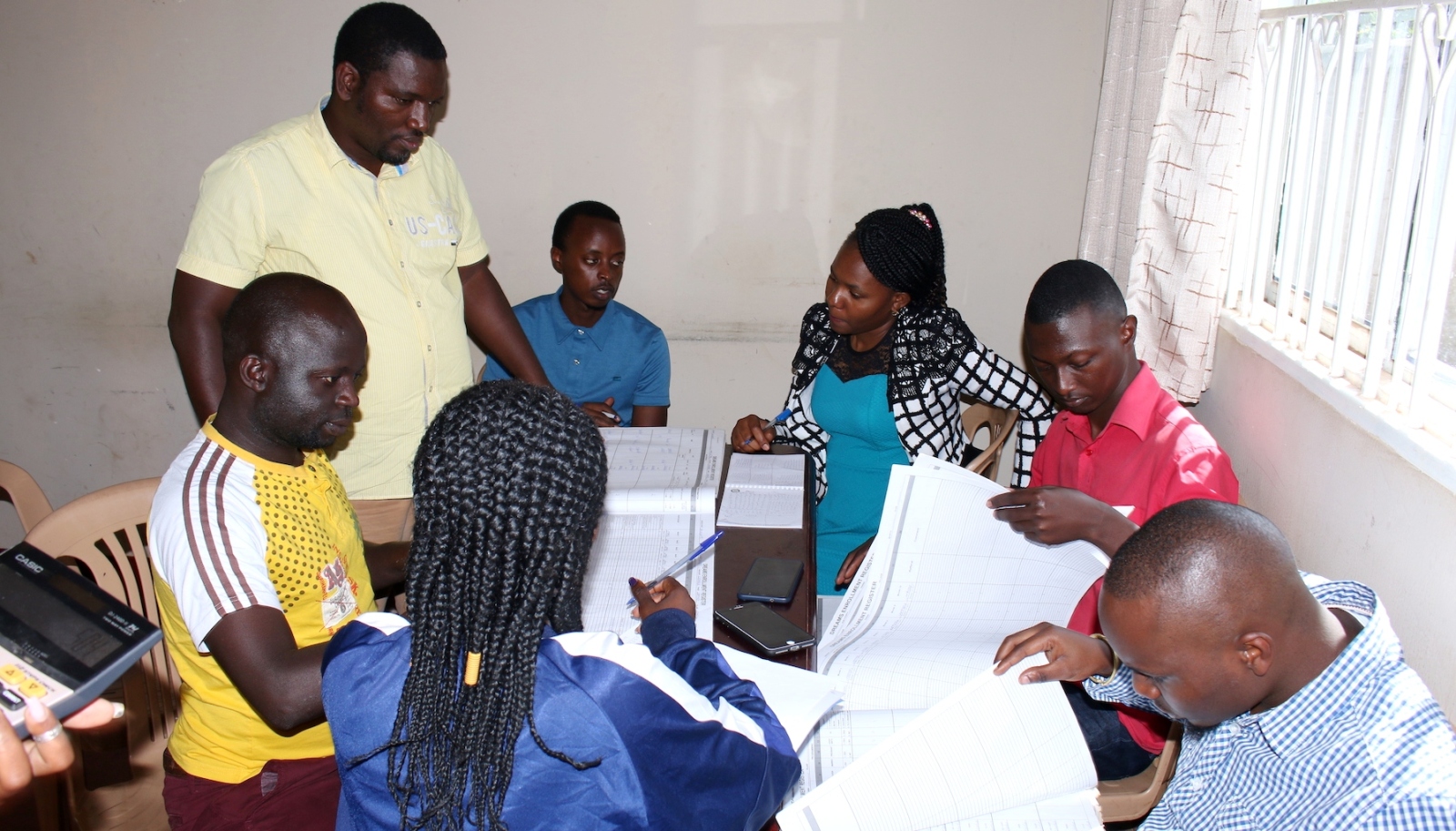

 Humanities & Social Sciences2 weeks ago
Humanities & Social Sciences2 weeks ago
 General4 days ago
General4 days ago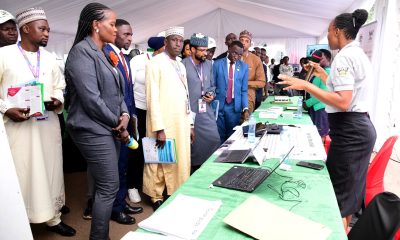
 Computing & IS3 days ago
Computing & IS3 days ago
 General4 days ago
General4 days ago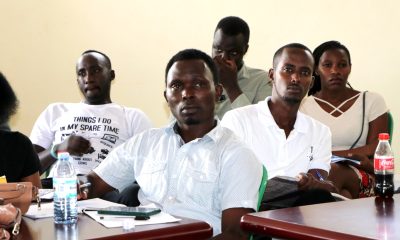
 Veterinary & Biosecurity2 weeks ago
Veterinary & Biosecurity2 weeks ago
